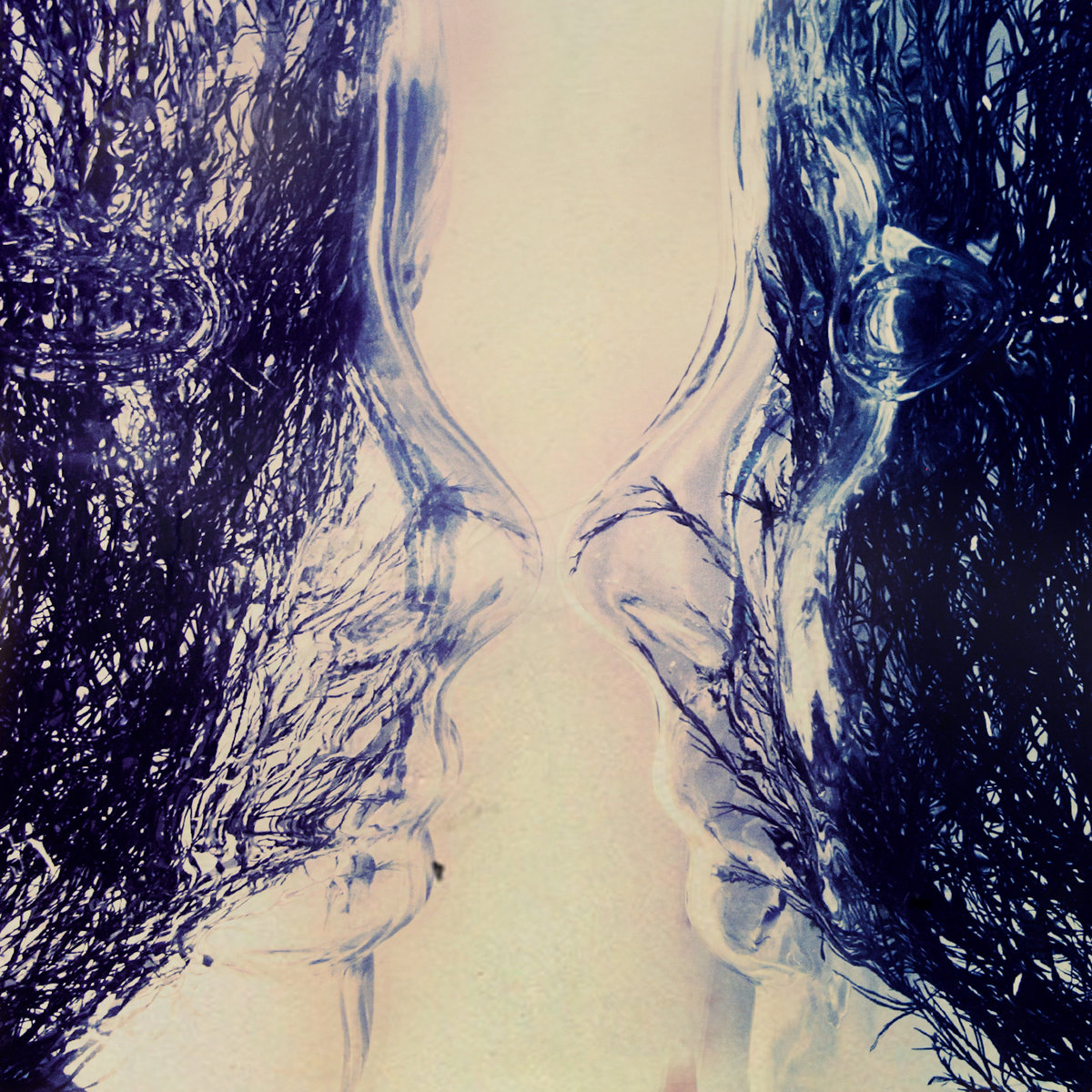“I stood there still. As a wave came and washed on by. I watched as change came. To change me before it said goodbye”. In the last four years since their last album the humanity-analyzing and occasionally cinematic Love Song For Robots, Montrealer Patrick Watson has surfed through traumatic times. His mother died, his relationship dissolved and the long term drummer of his band left. This lead the Canadian to write – at album number six – one of his most intimate and personal records in Wave. It’s an album that focuses heavily on the lyrical content – including water metaphors to signify challenging times, which lay similarities to Ioanna Gika’s debut LP Thalassa – but like any of the Watson discography, still a real gorgeous listening experience vocally and musically.
Patrick Watson’s latest release is named Wave to highlight a struggle against change. Describing a wave as something you can either fight against to no avail or let it push you around for a moment until you resurface in a better yet different location. It’s therapy for those who’ve had to deal with sudden unwanted alterations in their lives, after growing comfortable in a routine and learning how to accept them.
Opener ‘Dream for Dreaming’, which you could say is a typical Patrick Watson song in that it’s sophisticated, atmospheric and haunting at the same time, is about returning home after a long absence to find that your haven is no longer recognizable. “This dream I’m dreaming. Won’t you wake me up tonight. ‘Cause this life I’m living. Doesn’t really feel like mine.” The song was birthed after Watson – who was already in a dizzy state after experiencing food poisoning – returned after a tour to find his family had moved out. Its production is mesmerizing; containing reverb that ripples to represent consequence, ghostly theremin and shivering violin that encapsulate the fear of the unknown.
The intense and spine-tingling title track ‘Wave’ – which is reminiscent of The Cinematic Orchestra’s ‘To Build A Home’ – takes place at the moment when the metaphorical wave of change took over Patrick Watson’s life and he counsels himself to let the wave take control: “A 36 foot feeling’s overwhelming me. Just let the waves come crashing down. I’ll see you on the other side. Just let the waves come crashing down. Let it wash over top of your life”. Final track ‘Here Comes The River’ is also just as submissive to the currents but even more descriptive, perhaps imagining an almost Noah’s Ark big flood scenario: “Well Mary kept sewing. Holding on to her TV. Even if the water was rising past her knees.”
Watson notices the cleansing effect of this wave-washing experience on the slow jazz ‘Strange Rain’. Describing that the “strange rain rescued me, as it washed the wrong from my soul” and that it has healing powers: “As the world slipped by and ripped that hole from my chest. Give me something I can lay my head on. That don’t make me dizzy from believin’ in”. The music is stripped down to really focus on his words. As Watson comes from a classical background, admitted that he has only recent come to appreciate lyrical content and was occasionally unintelligible vocally on previous albums, it really feels a change in direction for his music.
The forlorn ‘Broken’ – which is destined to be used on pulling-on-the-heart-strings commercials or sad montages to TV dramas – is also lyrically amazing and seems to highlight the collapse of his long term partnership: “We tried everything to save our love/And I’m running out of words. I still love you like the very first time.” Yet it contains the album’s important message of moving on from the past and letting fate decide your journey: “Memories come and then they go. You just learned how to let go. Sometimes sometimes you wanna wanna go back. But it don’t work like that.”
Patrick Watson does vary the tone on Wave to keeps things interesting. ‘Melody Noir’ and ‘Turn Out The Lights’ are memorable for that reason. The former draws similarities to Tamino in its exotic serenade. Its lyrics are enigmatic, cathartic and evocative at the same time. It’s most noticeably inspired by Spanish music, as in the final part Watson and a female vocalist duet in Spanish. The latter ‘Turn Out The Lights’ in which Watson uses his idiosyncratic megaphone and narrates about his new found romantic intimacy, is an interesting genre blend. Electronic wooziness with an R&B beat and indie folk guitars, it sounds like something Beck would do. Furthermore, the wonderfully disjointed ‘Wild Flower’ adds music variation, with a female singer fronting a James Blake mood, and lyrics that sound like she’s part of Watson’s conscience: “Don’t be scared. Something’s in the air. Walk don’t run. Underneath you need her.”
One criticism of Wave is that the songs end too quickly, making one yearn for more of a particular immersive experience. An example being the sparkling piano arrangement on ‘Look At You’. Yet that’s really a credit to Patrick Watson that after six albums him and his band still have that captivating skill, now with the bonus of the lyrical clarity and post-trauma advice.




